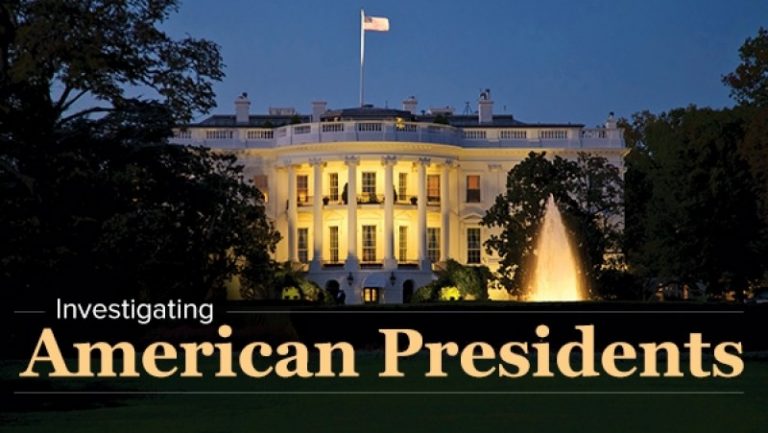History does not repeat itself but it rhymes.
The American president is a uniquely powerful figure on the national stage—indeed, on the world stage. He or she holds sway over an executive branch whose responsibilities range from national defense to agricultural price supports and on to health, education, and tax policy.
But, as the saying goes, power corrupts. It is not unheard of in American history for presidents to wield their significant powers in ways that are contrary to law or that call into question their fitness for office. What happens when presidents or their administrations are thought to have engaged in misconduct or the abuse of their powers?
When the president does it, that means that it is not illegal. – Richard Nixon
The Course explores how law, policy, and history can guide our response to presidential abuse, and considers whether the institutions of American democracy are robust enough to constrain a president who engages in misconduct. These issues, so salient in the past, are once again at the forefront of Americans’ minds.
The course also examines unique advantages that presidents have in responding to investigations of their conduct. They have, for example, an executive privilege which can be used to shield confidential executive communications—at least some of the time. Presidents also have the power of the bully pulpit, which is the ability to command attention and vilify their prosecutors or change the topic to whatever suits them better.
Here are my favourite take aways from viewing Professor Paul Rosenzweig’s Great Courses Class: Investigating American Presidents:
